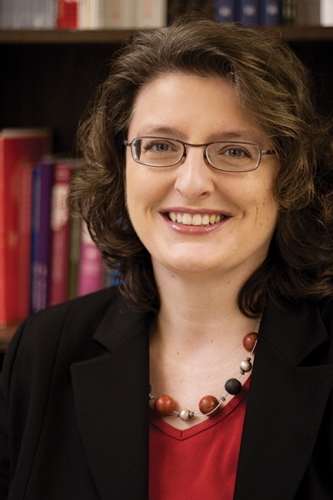Aaron Copland: An American Composer and His Century
A Distinguished Scholar Seminar featuring Annegret Fauser
April 10-11, 2015

Topics
Beginnings: From Paris to New York
The New Deal and World War II
Hollywood
Later Life and Legacy
Speaker
Annegret Fauser is the Cary C. Boshamer Distinguished Professor of Music and Adjunct Professor of Women’s and Gender Studies. She is the recipient of the 2011 Edward J. Dent Medal of the Royal Musical Association and the author of Musical Encounters at the 1889 Paris World’s Fair and Sounds of War: Music in the United States during World War II, among many other titles.
Time & Cost
4:30 p.m. Friday, April 10 through 12:00 p.m. Saturday, April 11, 2015. The tuition is $125 ($110 by January 22). Tuition for teachers is $62.50 ($55 by January 22). Teachers can also receive a $75 stipend after attending (click here for more information) and 10 contact hours for 1 unit of renewal credit. The optional dinner Friday evening is $20.00.
For information about lodging click here.
Co-Sponsored by the General Alumni Association.
For information about GAA discounts and other scholarships available to Humanities Program participants, click here.
